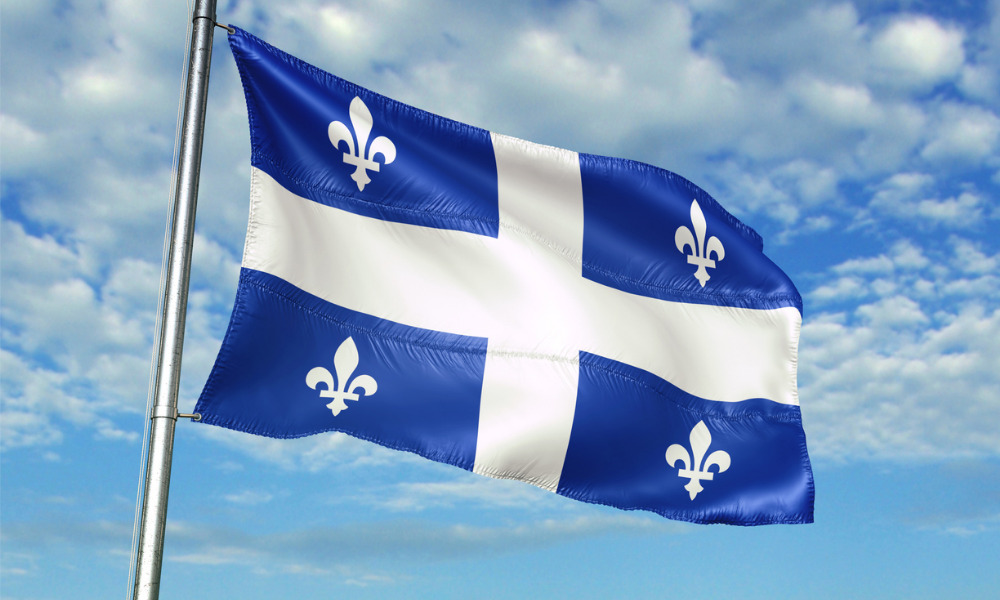Bill 96 aims to formally recognize French as the only official language of Quebec

The Kanien’kehá:ka Youth of Kahnawà:ke has strongly opposed Bill 96, which aims to strengthen French language protection in Quebec.
In May 2021, the provincial government tabled Bill 96, which proposed significant changes to the Charter of the French Language, the Civil Code of Quebec, and the Consumer Protection Act. The bill will formally recognize French as the only official language of Quebec and promote the presence of the French language in the province in the areas of education, public administration, and business.
While the bill was designed to advance Quebec nationalism, the youth group said that it forces the destruction of their nationhood by minimalizing efforts that they have made towards the revitalization of their culture and language.
"Quebec, like we, has every right to protect their beloved language and culture, but it must not come at the expense of others, the Kanien'kehá:ka, other Indigenous people, and anyone else who speak languages other than French," said Teiotsatonteh Diabo, Kanien'kehá:ka Youth’s spokesperson.
While the government argued that the implications of the bill are “seemingly minor,” the youth group noted that experts have found that “there is potential for devastating impacts that will create even more barriers for Indigenous people,” such that it will become “increasingly difficult” for students to pursue higher education as they will be required to take more courses in French.
“Many youth are already concerned that if this bill passes, they will be forced to go to college, or work out of province because they won't be able to communicate in French,” Diabo said. “We will see more failures in the education system, lower grade scores, and less opportunity to get into programs at a university level.”
Moreover, the youth group claimed that the bill is a “direct attack” on peaceful relations between non-Indigenous and Indigenous peoples, and the government's failure to consult with them is a “total disregard” of their right to self-determination and a “clear violation” of the United Nations Declaration on the Rights of Indigenous Peoples.
“The Kanien'kehá:ka Youth is demanding a stop to this legislation,” the youth group said. “We have mobilized to ensure every effort is taken to protect the futures of our youth, and of the seven generations to come.”










